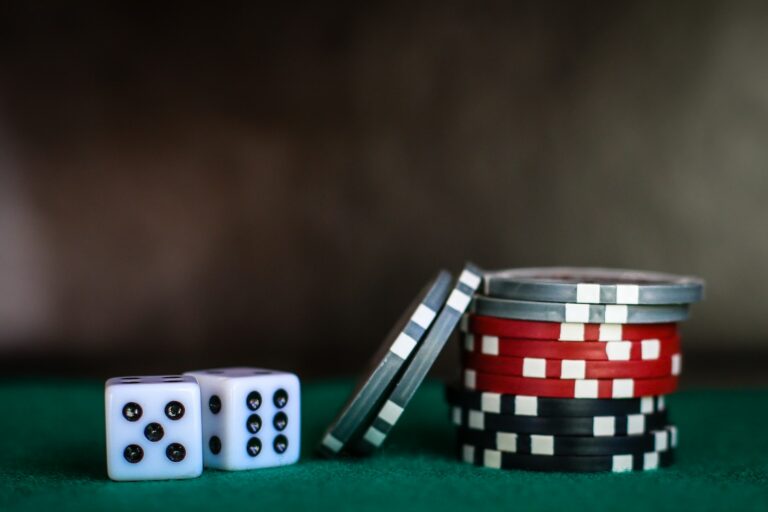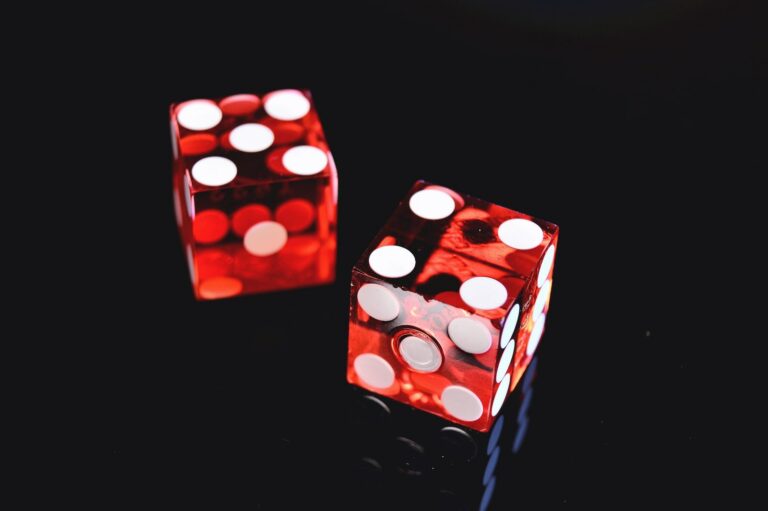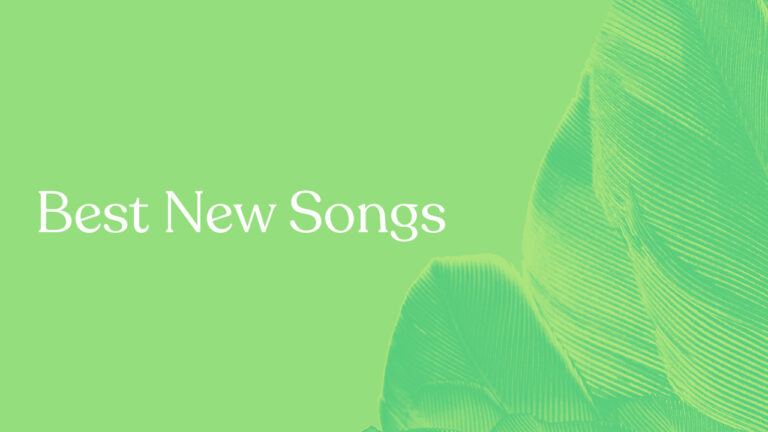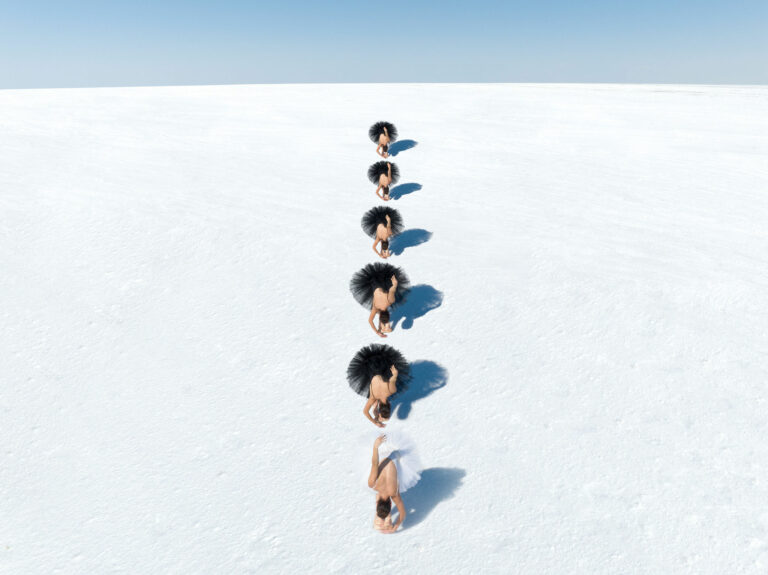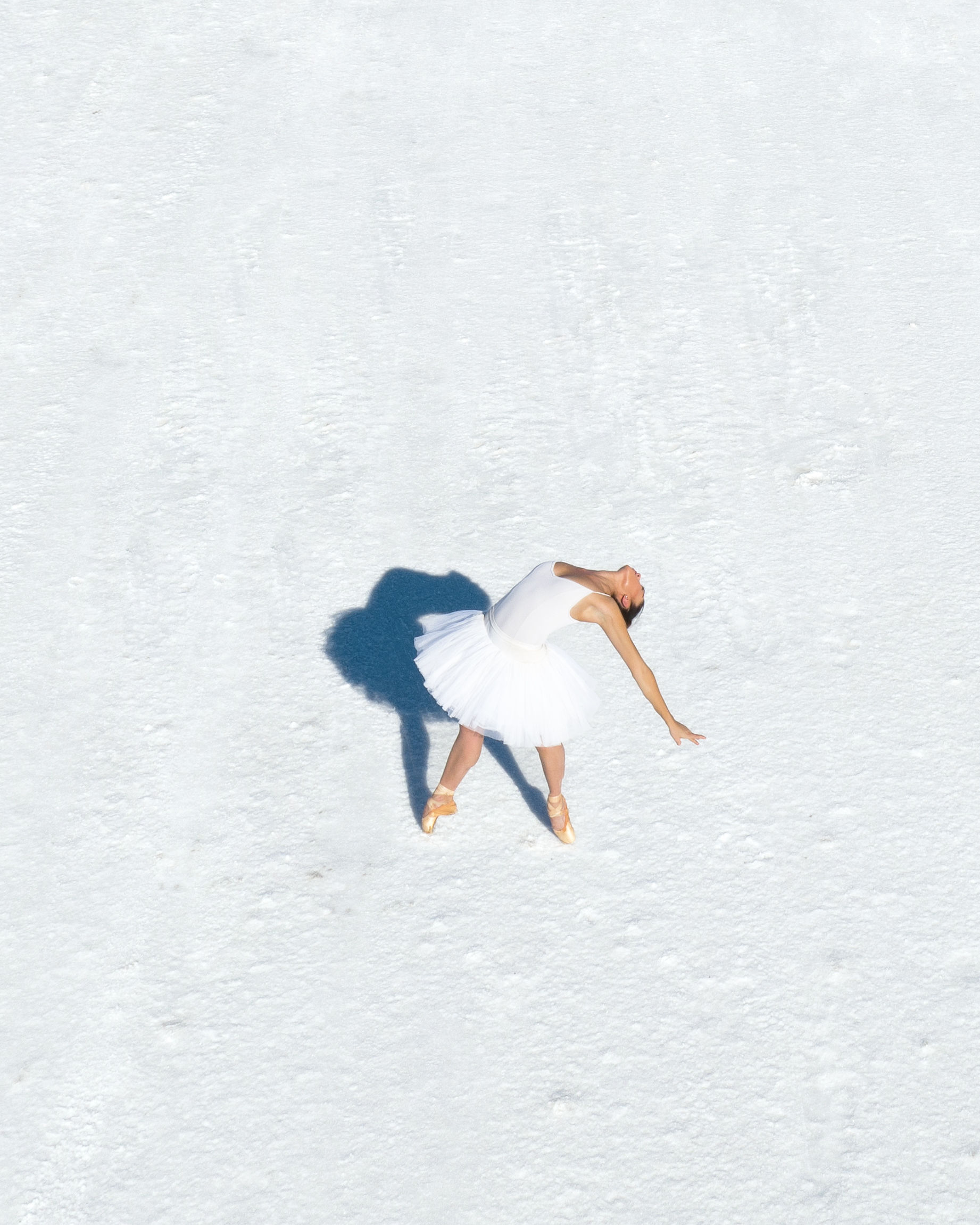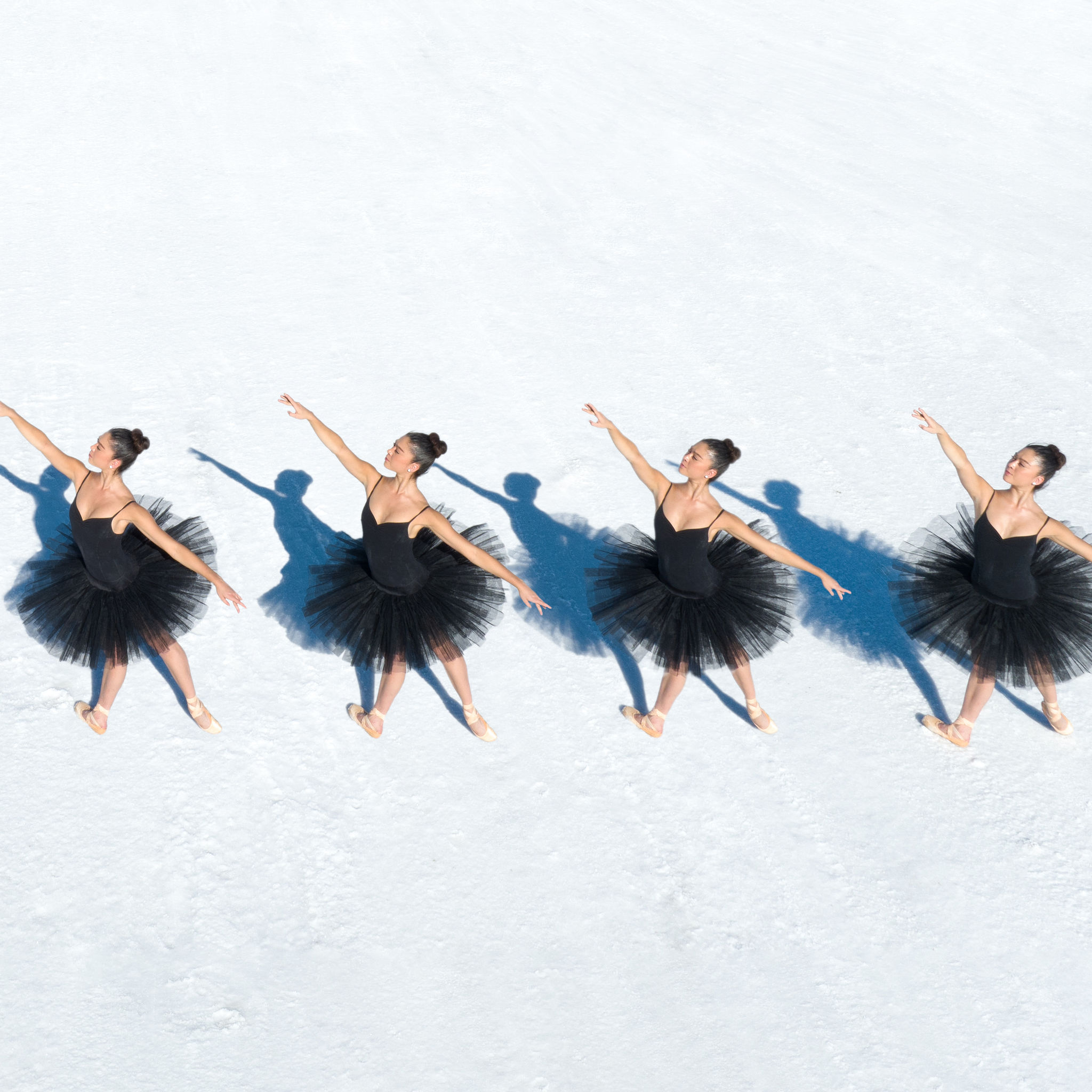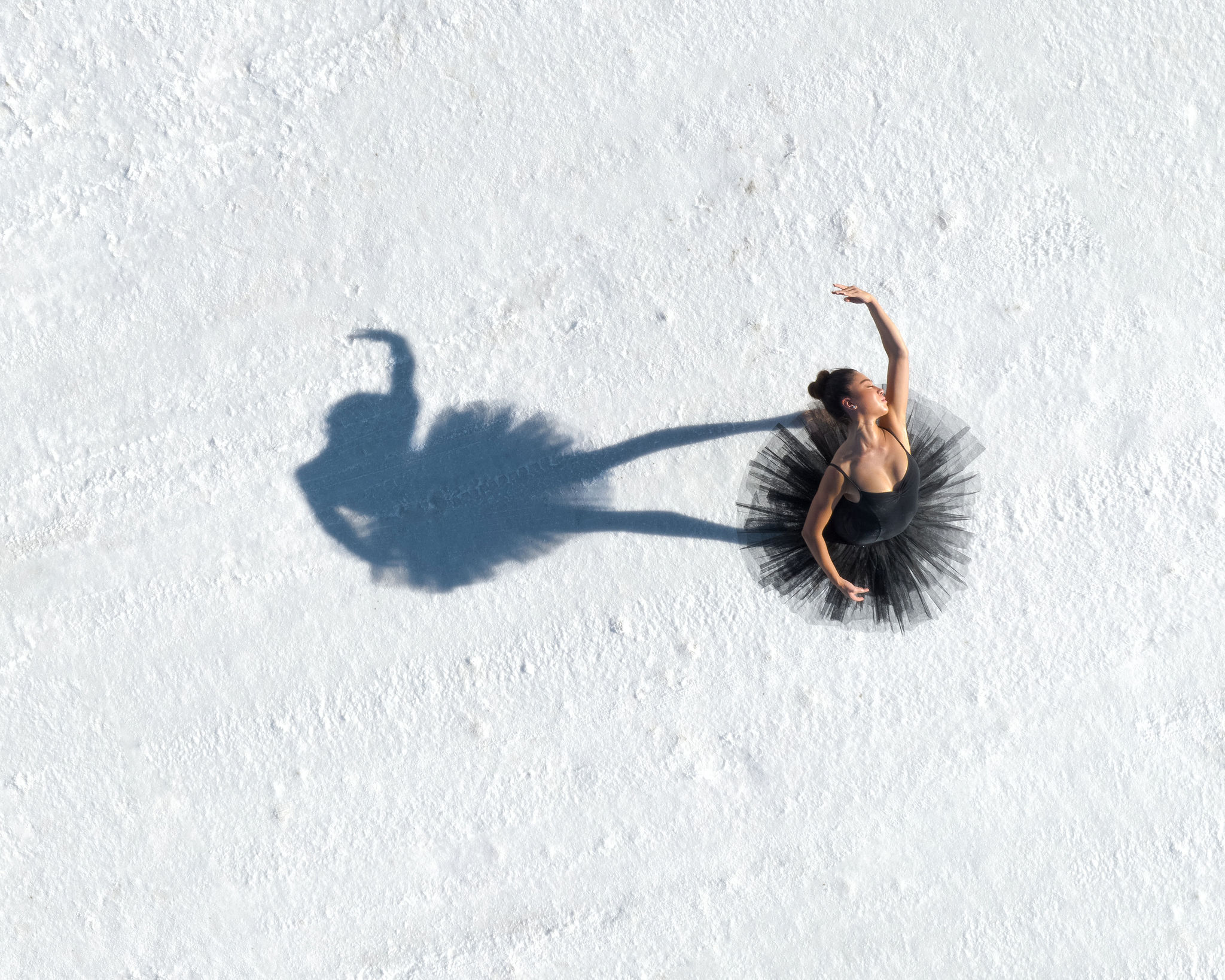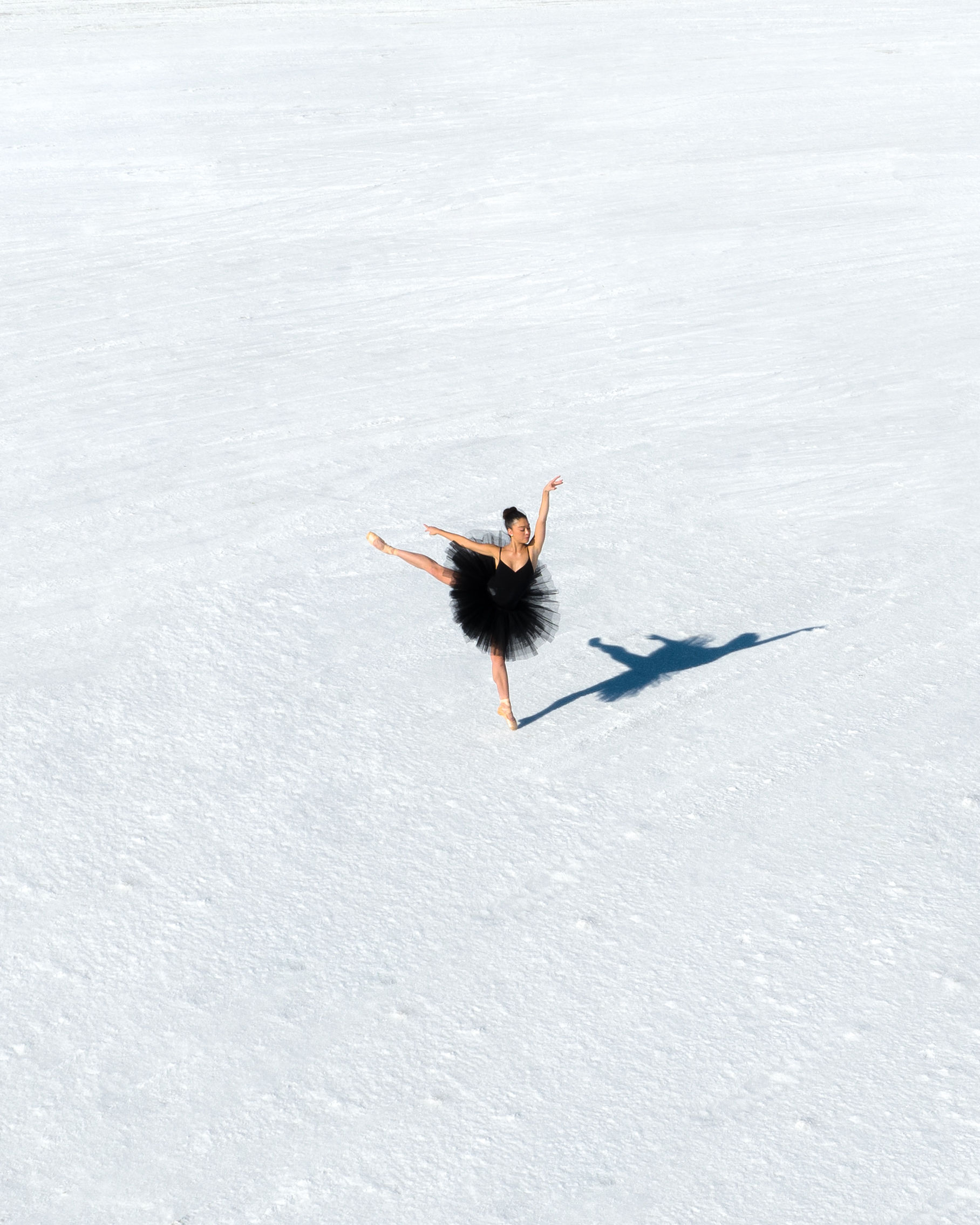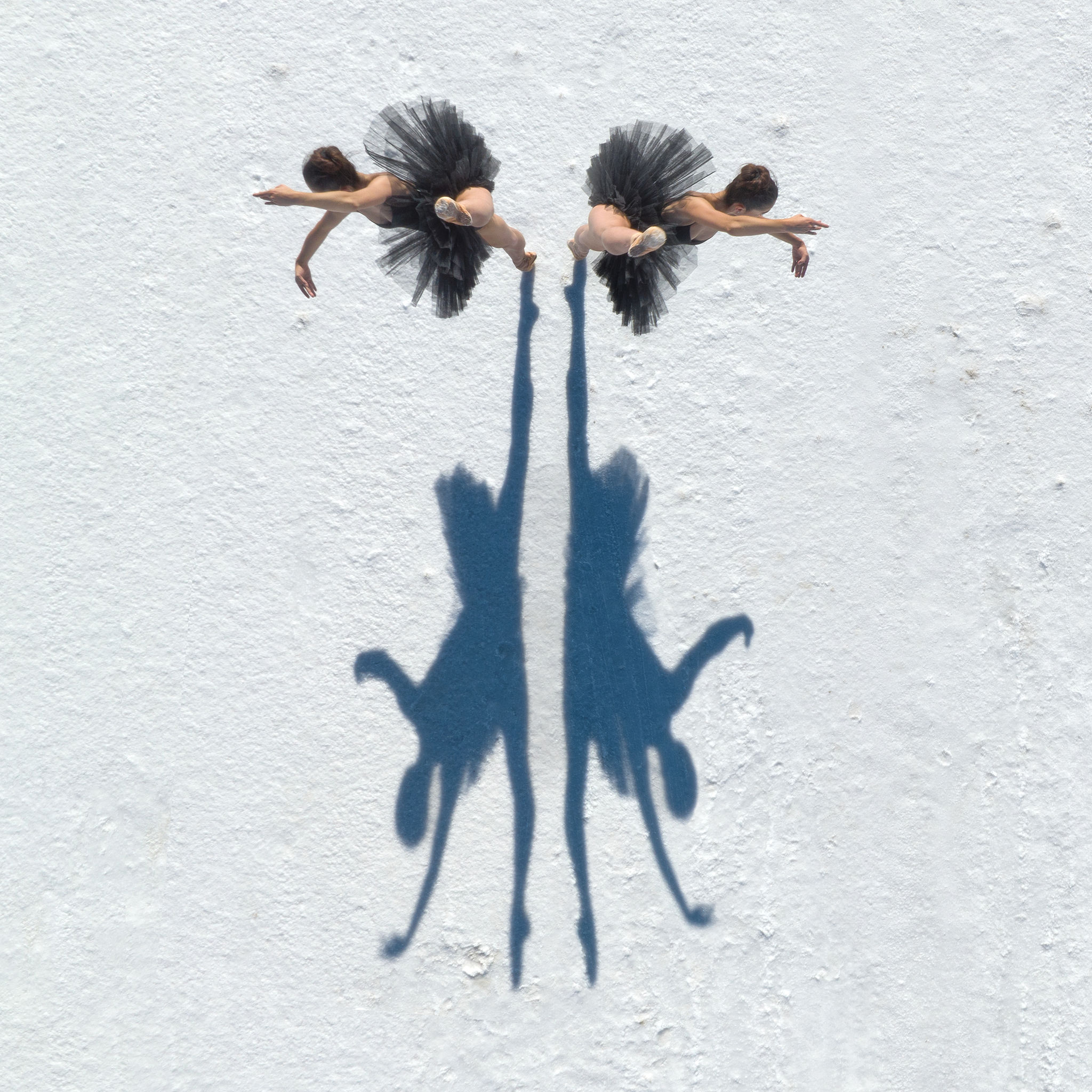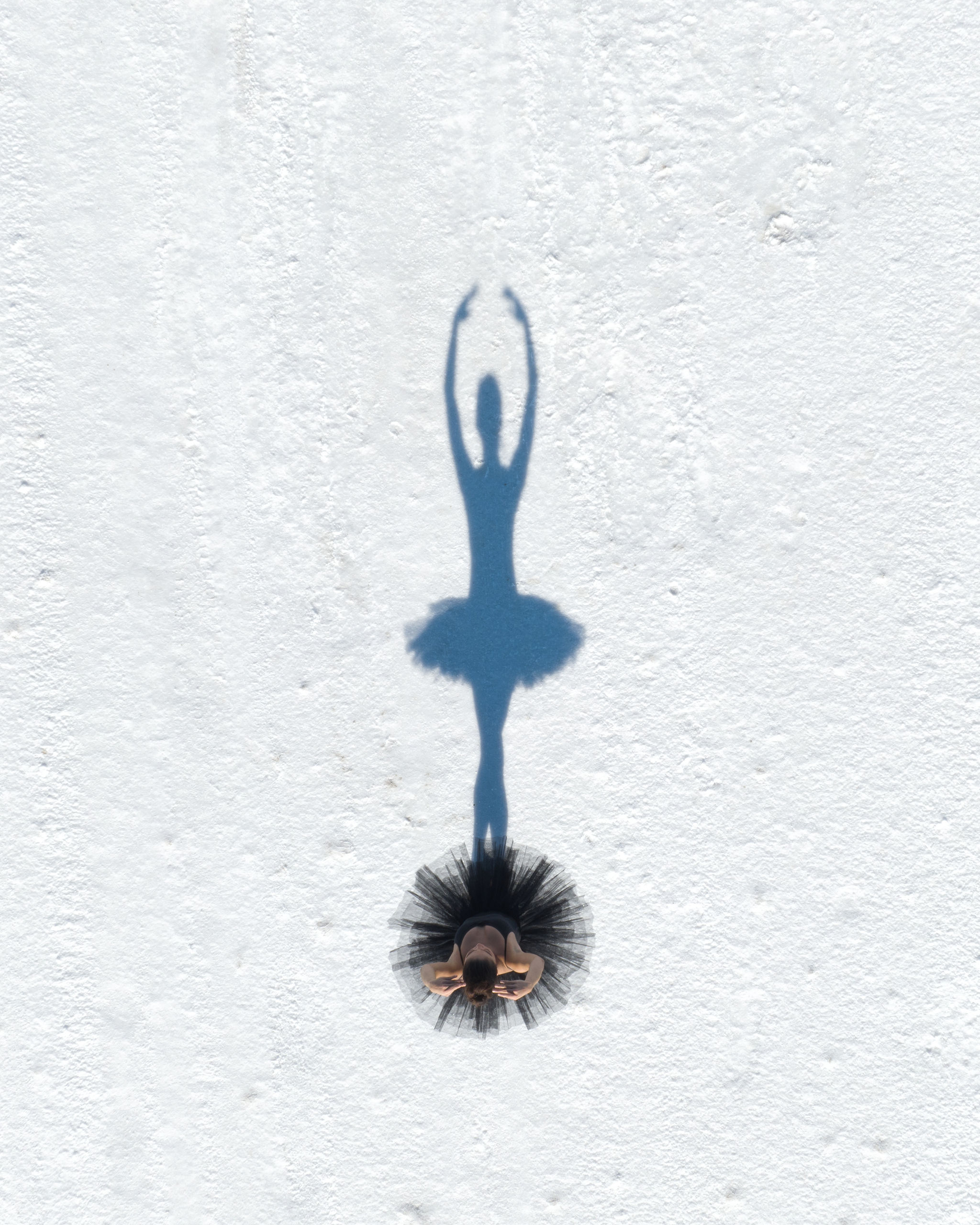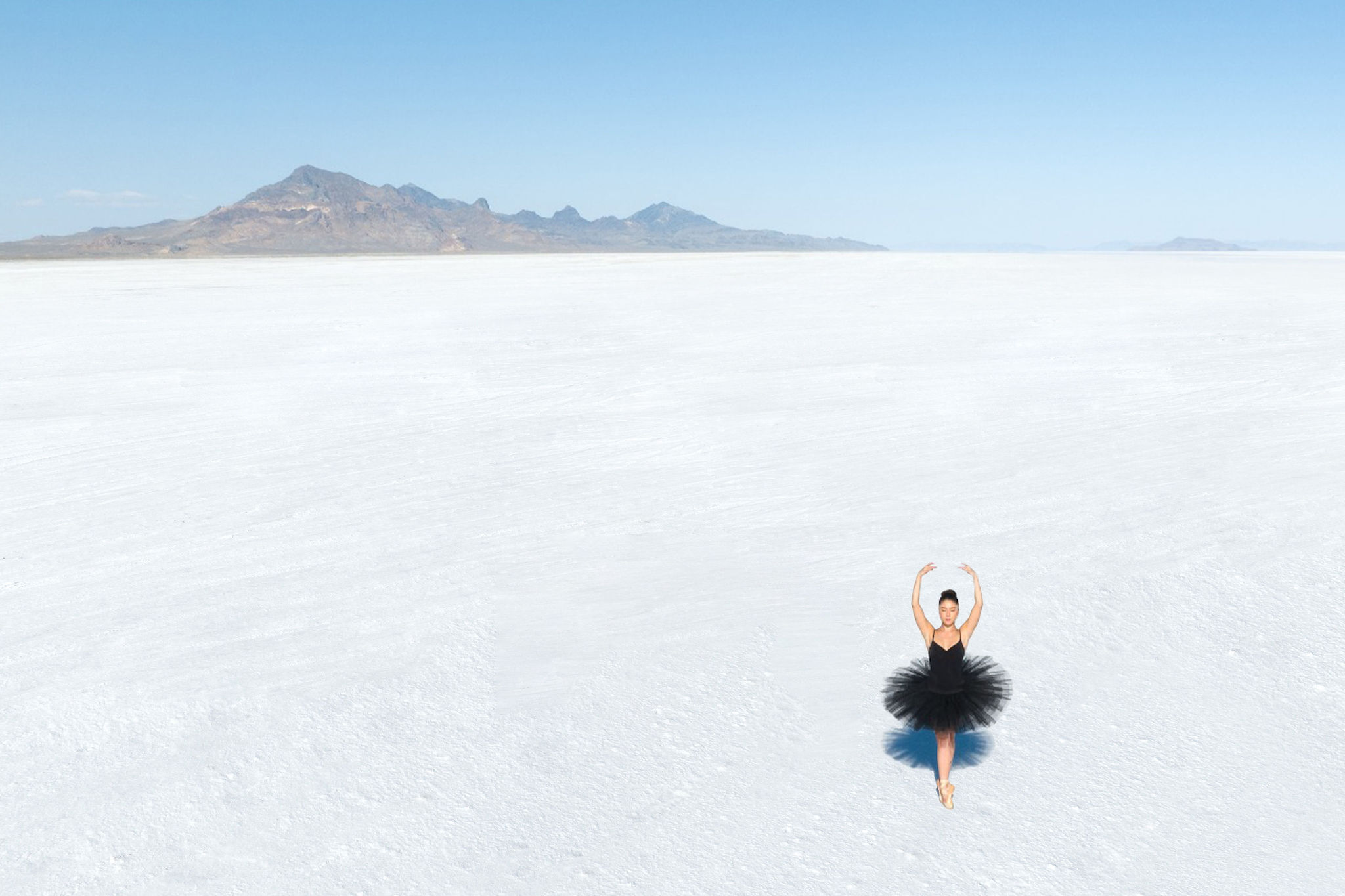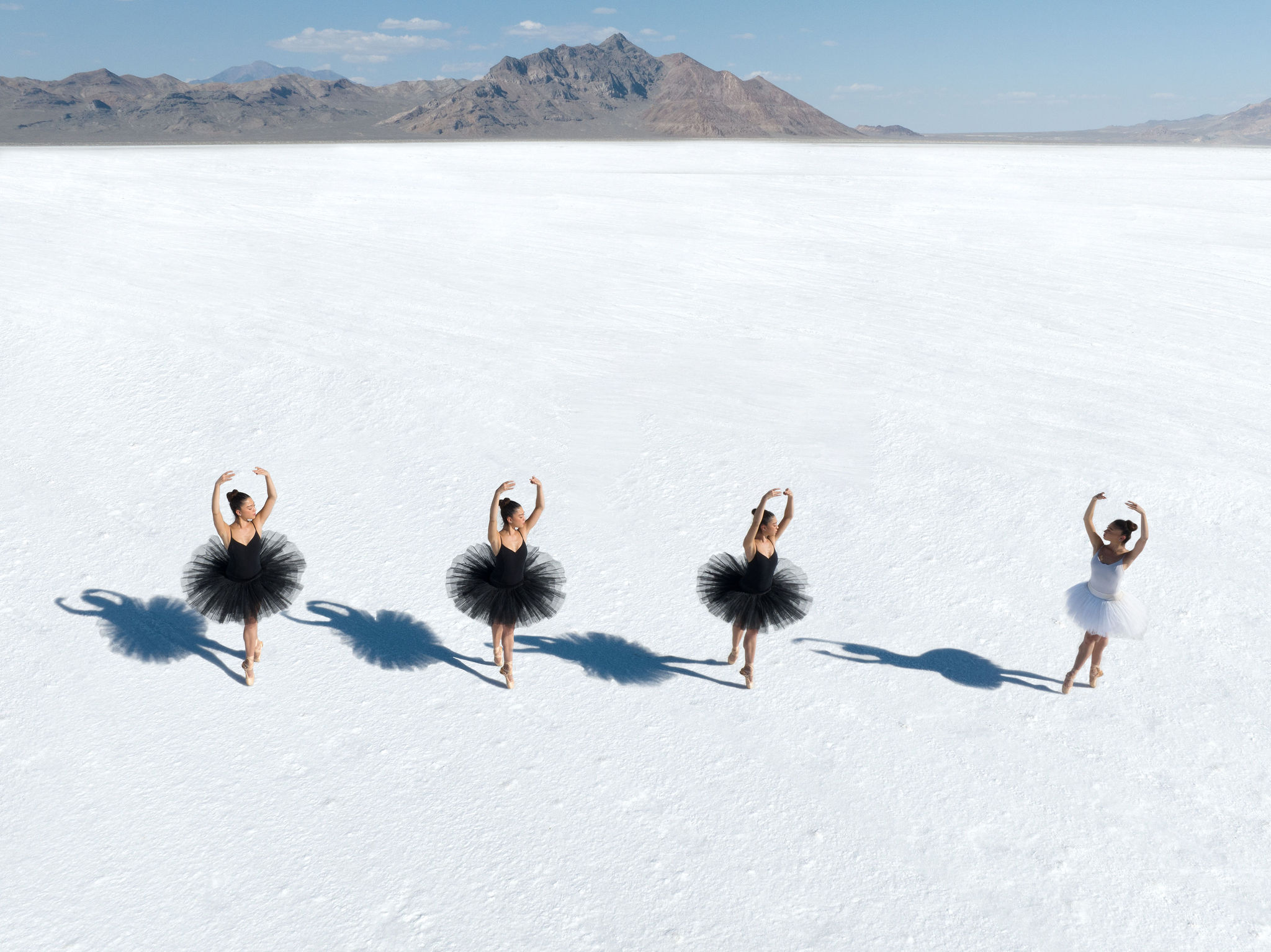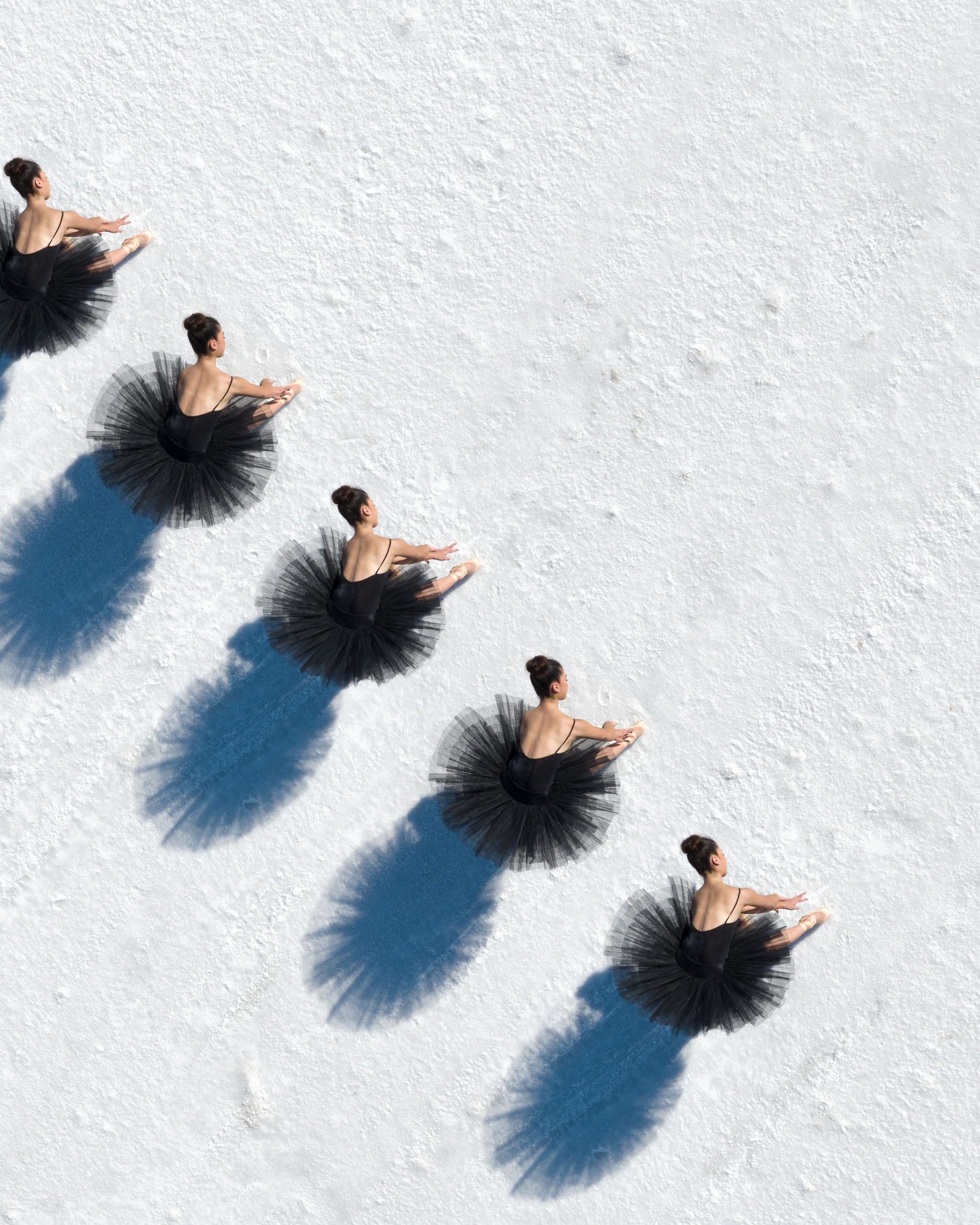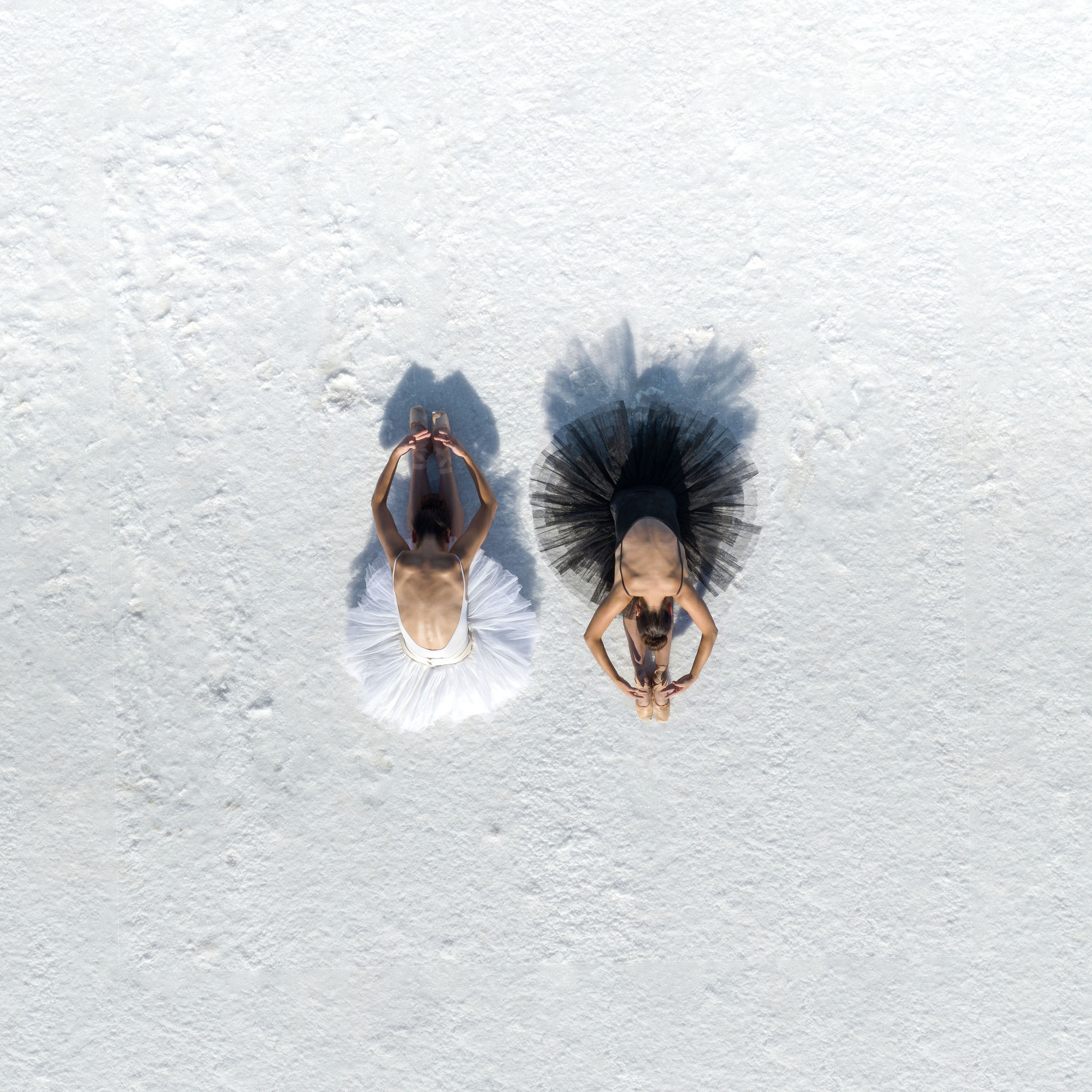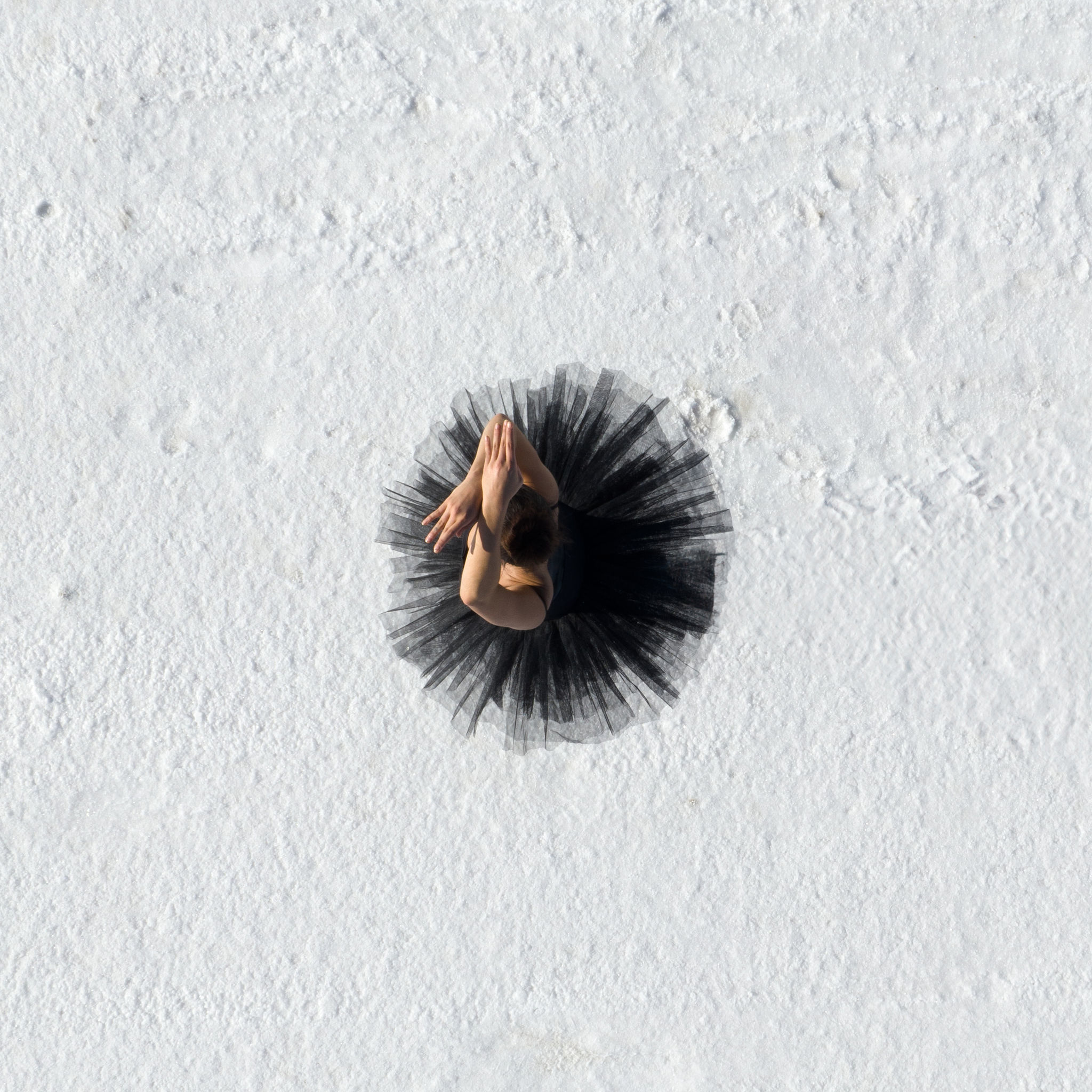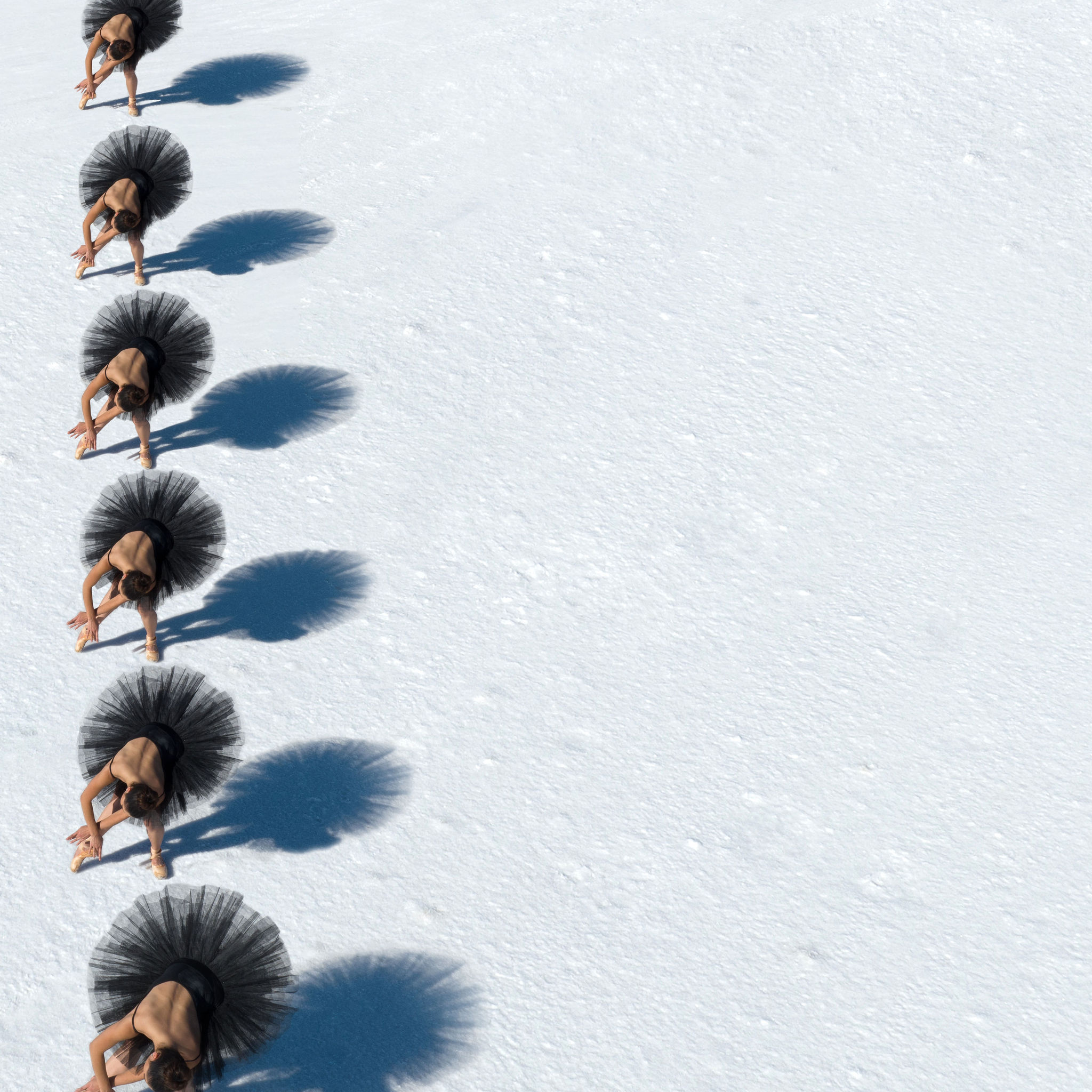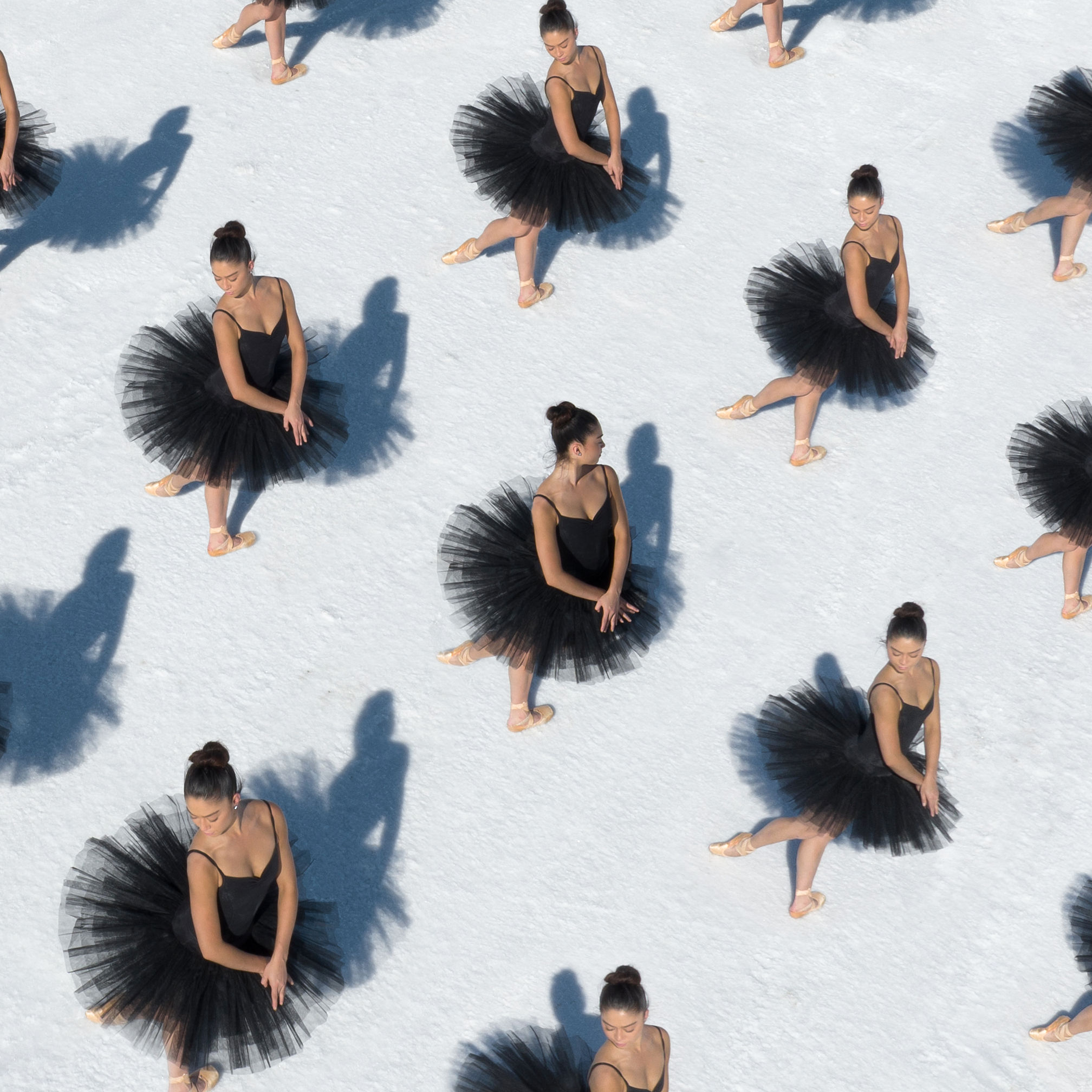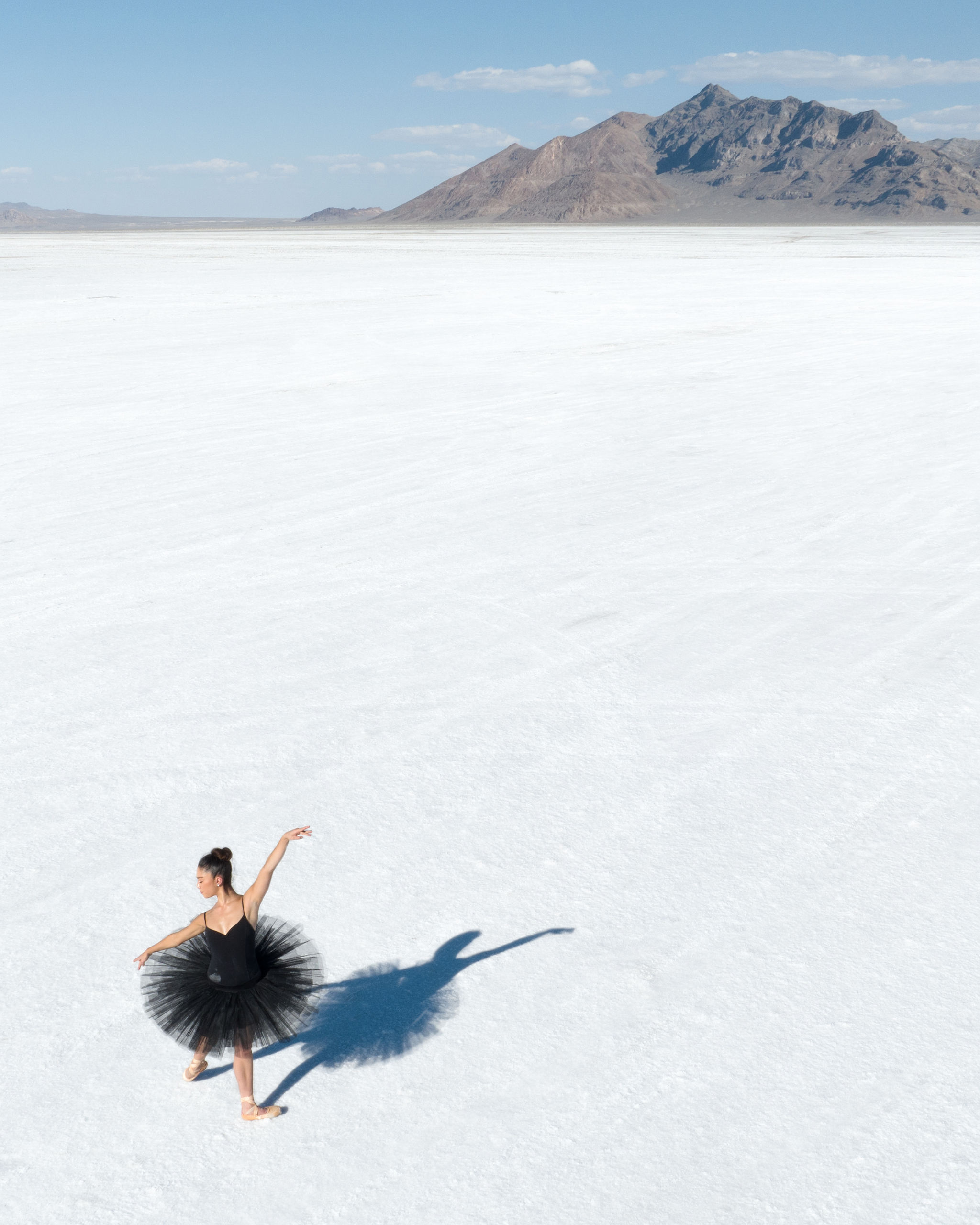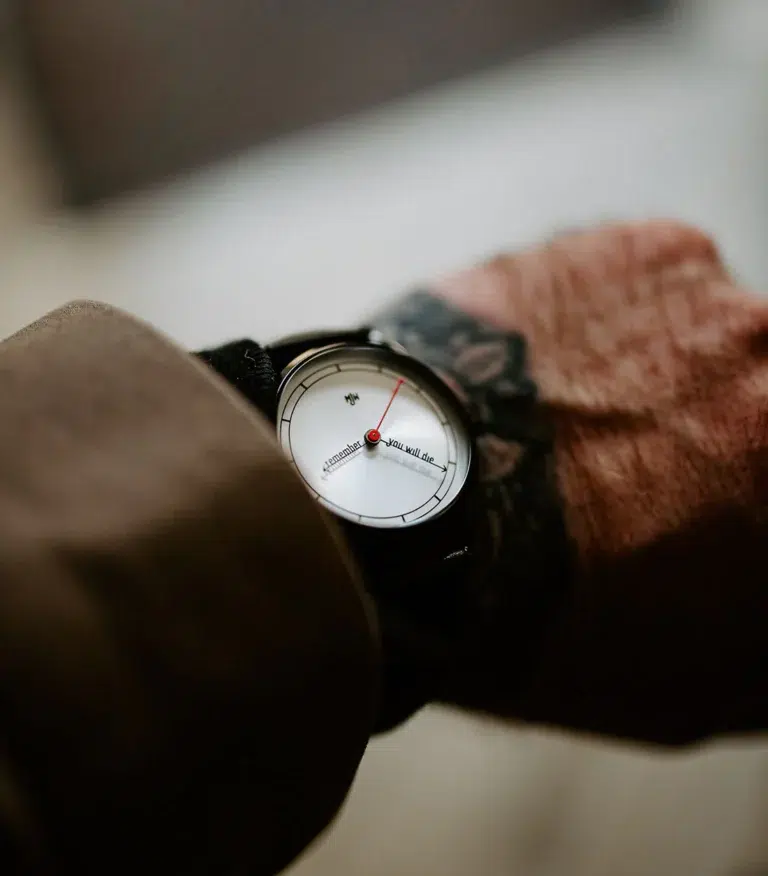Gambling has long been a significant component of human civilization since it provides exhilarating entertainment and a chance to win money. Technology has significantly influenced how individuals bet throughout the years.
The emergence of internet casinos recently transformed the gambling industry by making it simple to access various casino games from the comfort of one’s home.
The emergence of online casinos like https://gg.bet/en/casino and the significant technical developments that have influenced it are the main topics of this essay, which examines the transformational effects of technology on the gambling business.
Online Casino Evolution
Basic online casino games were initially offered but with restricted accessibility and technological limitations. However, online casinos gained a lot of popularity due to improvements in internet access and the growing usage of mobile devices. Online casinos saw a rise in popularity due to players being able to access them whenever and wherever they wanted, thanks to the development of broadband and mobile internet.
The debut of Live Dealer games was a significant advancement for online casinos. The realistic and genuine casino experience offered by Live Dealer games was made possible by real-time streaming technology.
Real-time gameplay, interaction with qualified dealers, and high-definition video broadcasts let players seamlessly transition between traditional and internet casinos.
Technology Advances Changing Online Casinos
Numerous developments brought about by the quick development of technology have significantly impacted the online gaming experience. One such innovation is incorporating virtual reality (VR) and augmented reality (AR) into online casinos. Players can enter virtual casino scenarios using VR or augmented reality, where they can explore authentic locations, communicate with other players, and play games with more immersion.
Introducing blockchain technology and cryptocurrencies is another technical advancement influencing online casinos. Blockchain technology is the perfect option for the gaming industry since it provides increased security and transparency. Since they give players quick, safe, and anonymous payment alternatives, cryptocurrencies like Bitcoin have grown in favor of conducting business in online casinos.
Artificial intelligence (AI) and machine learning (ML) have also impacted online gambling. Online casinos may tailor the gaming experiences for users using AI and ML algorithms. These technologies assess player preferences and habits to provide specialized gaming ideas, bonuses, and a more interesting and personalized gambling experience.
Benefits of Online Gambling
Numerous benefits that have come with the growth of online casinos have fueled this industry’s growing acceptance. Some of the main benefits are:
● Accessibility and Convenience
Without visiting a real casino, players may now enjoy their preferred casino games whenever they want and from wherever they are. Online casinos also provide a huge variety of games, from traditional table games to cutting-edge slots and live dealer experiences, to accommodate players’ varied interests.
● Rewards, Promotions, And Bonuses
Online casinos also include numerous incentives, like welcome bonuses, free spins, and loyalty programs, to draw in and keep players. Players receive added value from these incentives, extending their gaming and raising their chances of winning.
● Security And Safety
Online casinos have used strong security measures to provide a safe playing environment. Players’ money and personal information are safeguarded by encryption technology, shielding them from any dangers.
Challenges
Although the emergence of Internet casinos has been welcomed, it presents certain difficulties and raises concerns about the industry’s future.
● The Regulatory Environment for Online Gambling
Online casinos must negotiate a complicated legal landscape since countries have different rules and licensing requirements. Implementing strict laws and licensing structures to safeguard players and uphold the industry’s integrity is crucial.
Automated Systems And Artificial Intelligence In Online Casinos
These innovations improve the gaming experience and may affect the types of jobs available in the sector. Some classic casino jobs could become extinct as AI systems advance in sophistication.
Future developments in virtual reality and gamification are anticipated to influence online casinos. VR technology will continue evolving, giving gamers more realistic and immersive casino experiences.
Adding gamification components like leaderboards, awards, and challenges will increase player engagement and make online gambling more entertaining and participatory.
Conclusion
The gaming business is entering a new age due to technology, with online casinos leading the way. Internet connectivity improvements, mobile device breakthroughs, and cutting-edge technology like VR, blockchain, AI, and ML have all contributed to the growth of online casino games in the Philippines. These developments have improved players’ overall gaming experiences, making gambling more comfortable and accessible.
The gaming business needs help regulating and integrating new technology as it develops. But with the possibility of more developments in virtual reality, gamification, and tools for responsible gambling, the future is bright. The growth of online casinos, fueled by technology, is expected to change the gaming landscape for years to come and present exciting prospects for players and operators.
